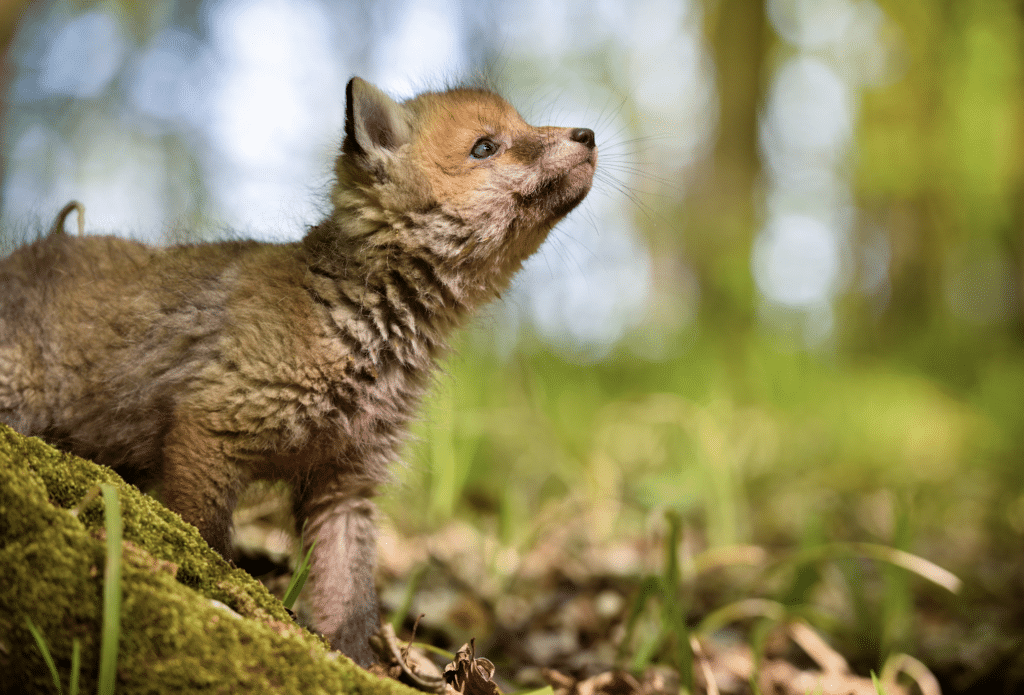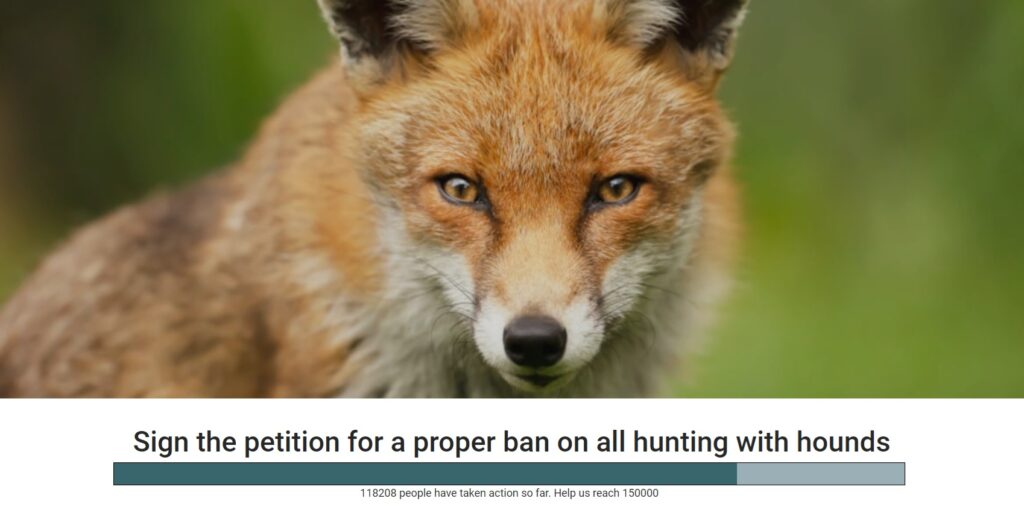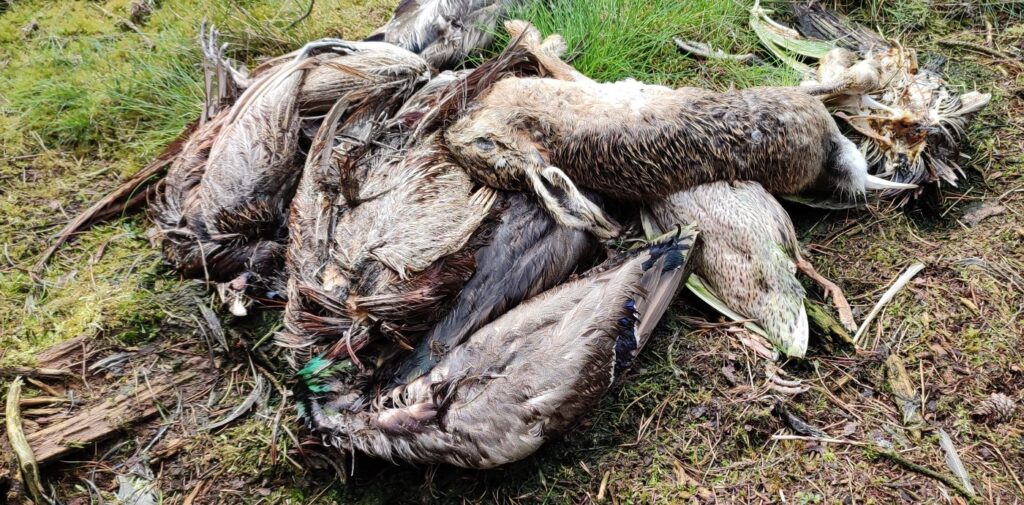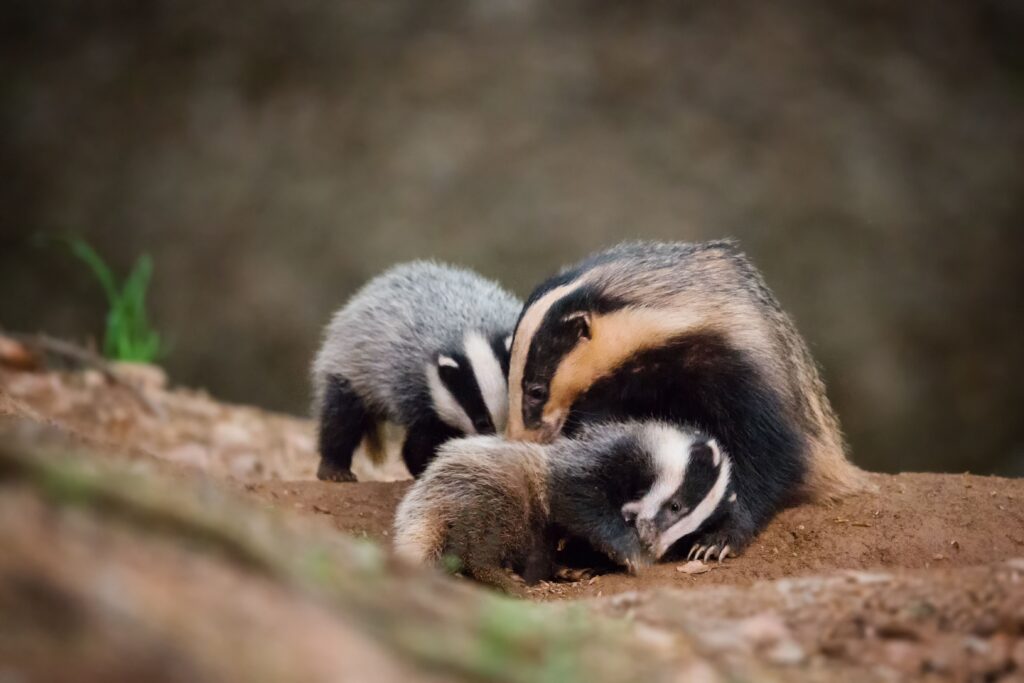The Tories are out. Labour has won the election with a huge majority, taking almost 300 seats more than the Conservatives. What might this mean for wildlife? Protect the Wild outlines our hopes for the next government.
First though, we have to acknowledge that Labour has priorities that are far beyond our remit. The economy is stagnating, we’re all feeling the pressure of high taxation, and public services are on their knees. Global issues will be dominant too: there is a hugely important Nato summit next week, the China-Russia-North Korea axis could shape all of our futures, and the destruction of Gaza continues apace.
In his brief victory speech, Sir Keir Starmer focussed on domestic issues: growth specifically (hopefully thinking in terms of renewables and green energy) while promising “an age of national renewal” in which the new government would “start to rebuild our country”. There was no mention of the environment, the biodiversity crisis, or the single most important issue facing humanity – the climate: net zero is perhaps the greatest economic opportunity of the decade, and Labour would make a huge mistake not investing in it from Day One.
From a pro-wildlife point of view though, there is of course good news. The Tory government did nothing for wildlife, and it has gone. Several highly influential figures in the ‘hunting community’ (hunt hosting Rees-Mogg especially) are gone. Simon Hart, the snarling chief whip and former Chair of the Countryside Alliance (he only stepped down from the CA in August 2019 to take a safe seat in Wales) is gone. Bill Wiggin, a reliable lobbyist for hunting and shooting in any parliamentary debate, is gone. Michelle Donelan, who refused to condemn the digging out of a fox by the despicable Avon Vale Hunt, is gone. Dorset South’s arch-Brexiter and grouse moor owning Richard Drax is gone. The architect of this landslide, Liz Truss, who when she was environment secretary back in 2015 stated that she wanted the Hunting Act repealed, is gone too.
The largely pro-wildlife Liberal Democrats are the third biggest party in the House of Commons, taking over 70 seats (including that of farmer Chris Loder, the former MP for West Dorset who said that ‘eagles have no place in Dorset’) and turning large parts of southwest England – an area of the country where many hunts and shoots are based – orange. The Greens are still not the force many might hope them to be, but the four seats they won – including that of North Herefordshire formerly held by the appallingly wildlife-hostile Bill Wiggin – are important and should always see support for pro-wildlife, pro-environment initiatives in the Commons
There is plenty for us to work on and together we will pressure Labour to make the changes it has already promised.

Hunting with dogs
As we covered in a previous article, Labour has made a number of pledges to protect British wildlife.
Much to the panic of old-school fox, deer, and hare hunters, Labour has already stated that it will strengthen the Hunting Act, closing the trail hunting loophole. This is, of course, terrible news for a hunting industry already on its last legs, and which had done its best to lobby Labour. In response to the news of an upcoming trail hunting ban, the Countryside Alliance’s Tim Bonner made a ridiculous statement, saying:
“There is no logical justification for a new law. It is utterly bizarre that Labour is now seeking to ban the activity that it told people they should be doing after it banned traditional hunting in 2005”.
The deaths of countless mammals killed under the guise of trail hunting is justification enough.
In the upcoming months, we will be campaigning for Labour to go much further than strengthening the Hunting Act though. We will be campaigning for the government to scrap the current law completely, replacing it with legislation that leaves no grey areas. Our Hunting of Mammals Bill, put together by lawyers at Advocates for Animals, will ban hunting with dogs entirely by making it a crime to ‘intentionally or recklessly’ hunt a wild mammal with a dog. Adding a reckless clause to any legislation is of paramount importance, as it ensures that a hunter can no longer claim that the killing of an animal is accidental. The Bill will also ban trail hunting, as well as make it a crime for a land owner to permit a hunting crime to take place on their land. On top of this, the Bill will ensure that those hunts that are registered as businesses can be made legally liable for crimes committed.
We know that the hunting lobby, alongside the British Hound Sports Association (BHSA), will be doing their utmost to persuade the new government that it shouldn’t keep its word – after all, a party has no obligation to stick to its manifesto commitments. The BHSA stated in June:
“We will use all available means to show that what the Labour Party proposes is a mean and vindictive assault on the countryside in general and on hounds in particular. We will challenge those with such narrow minds to spend time learning about hounds and the communities that surround them.”
To do this it will organise what it hopes will be a mass protest on 14 September, to “demonstrate to Parliament, the police, the public and the press that trail hunting is a legal, well regulated and entirely benign sport that does not need state interference.”
Protect the Wild’s comprehensive new report on the 2023/24 hunting season, due to be released imminently, will of course demonstrate the exact opposite – that the trail hunting loophole has enabled hunters to chase 335 foxes in the last season alone. Hardly a “well regulated” sport at all.

- Please join over 118k people who have already signed our petition for a Proper Ban here
Bird shooting
Labour’s pre-election stance on the shooting industry gives us an indication that as pro-wildlife campaigners we will have our work cut out. The party said nothing in its manifesto about shooting, or about the burning of peat moors for killing grouse. But we do know that at the autumn 2023 Labour conference, the party’s Steve Reed said at a ‘rural reception’ sponsored by shooting lobbyists BASC, that in order to be a successful government Labour would support “shooting that is sustainable and conducted according to the law.”
It is difficult to imagine how Reed believes that the shooting industry is sustainable in any way. It releases 40 million non-native pheasants every year into the countryside. The pheasants that are shot are riddled with toxic lead, while a quarter die before shooting even starts, and many more are run over. It is still listing birds like Woodcock, red-listed as a bird of conservation concern, as ‘quarry’. It is almost solely responsible for raptor persecution and for suppressing the populations of birds of prey including Golden Eagle, Hen Harrier, and Goshawk.
And then there are the moor owners, responsible for burning peat, all for their love of shooting native Red Grouse. When left alone, peat is said to store more carbon, acre for acre, than rainforests, fighting climate breakdown. The annual burning of peat releases toxic carbon emissions, depletes and dries out the earth, and leads to floods further downstream.

Both the pheasant and grouse shooting industries are responsible for the trapping, snaring and poisoning of countless numbers of mammals and corvids (but has no legal requirement to record or even monitor local predator populations). They are killed because of gamekeepers’ and landowners’ misguided attempts to protect the very birds that are going to be gunned down anyway, their bodies often dumped into stink pits to attract more foxes to a ring of snares.
It is hugely disappointing that Labour hasn’t taken a braver stance to tackle such an environmentally toxic industry. Protect the Wild will be stepping up our efforts to tackle bird shooting – look out for a new article coming out on Monday 8 July which outlines our plans.
Snares
Snares are overwhelmingly used to target foxes on shooting estates, who understandably are drawn to the huge flocks of birds estates rear for their clients to blow out of the air. On a much more positive note, Labour has stated that it will ban snares in England. Protect the Wild will be ready to counteract any false narrative that comes from the shooting industry as it attempts to lobby the new government: we are likely to see lobbyists still trying to persuade politicians that ‘humane cable restraints’ are pain-free alternatives, for example.
The shooting industry failed to hoodwink both Scottish and Welsh politicians, and both countries have already banned snares. Now that many of the fiercest defenders of snares (like Bill Wiggin) are no longer in parliament a ban in England at last seems inevitable too.
Badgers
Protect the Wild will be campaigning for the new Labour government to keep its promise and end the mass killing of badgers. Its manifesto pledged that the party would “end the ineffective badger cull”. Despite this, animal welfare campaigners are again likely to have our work cut out. Then Shadow Environment Secretary Steve Reed has already stated in a Radio 4 interview that Labour won’t put an end to existing badger cull licences. If Labour’s stance doesn’t change, many thousands more badgers are likely to die before Labour finally ends the cull once and for all.
A Labour government should be prepared for legal action if it doesn’t end the cull immediately. Protect the Wild has reported on how it would likely be unlawful under the Protection of Badgers Act for Labour to continue to allow badger culling in 2024, as its manifesto has already called the cull “ineffective”. The Badger Crowd has outlined how there are already three legal challenges underway, and the fact is that the costs of any compensation paid out to cover revoking the licences doled out in May will be far outweighed by policing costs. On all fronts, it would be in the new government’s interest not to listen to Defra or the NFU and end the cull with immediate effect.
It’s likely that Defra, who refuse to acknowledge that the badger cull is a failure, will already be making moves to brief the incoming government. We must counteract that and put as much pressure as we can to stop the cull. It seems highly unlikely Labour will issue any new licences – the task now is to get them to revoke the ones they have inherited.
A cautious celebration
Despite the huge majority, there was no clear endorsement for Labour or Sir Keir. This was more of an anti-Tory vote than a pro-Labour one. The incoming government took only around 35% of the total vote (not significantly different to the last election in 2019 when the Conservatives won) but fourteen years of environmentally damaging, pro-hunt and pro-shoot Tory rule is now over. To borrow an old campaign slogan, surely things can only get better?
How soon or how quickly is impossible to know, though. One of Sir Keir’s first tasks will be to start appointing ministers, from the cabinet down to the most junior roles. Our eyes will be on whether Simon Reed will be put into the Environment office – he didn’t exactly inspire us as Shadow Environment Secretary, but perhaps he might reveal a more pro-wildlife side now the election is over and he doesn’t have to appease the likes of BASC – and who will be the farming minister.
We can be cautiously optimistic that under a different government there is at least a chance of changes in legislation that will finally protect wildlife. Protect the Wild is under no illusion that the fight is over though. These next few months – as lobbyists on both sides try to sway the new government to their way of way thinking – will be just as important as ever. We hope you will join us in making our voices heard as we speak up loudly for mammals and birds.
(Header image adapted from The Guardian)


